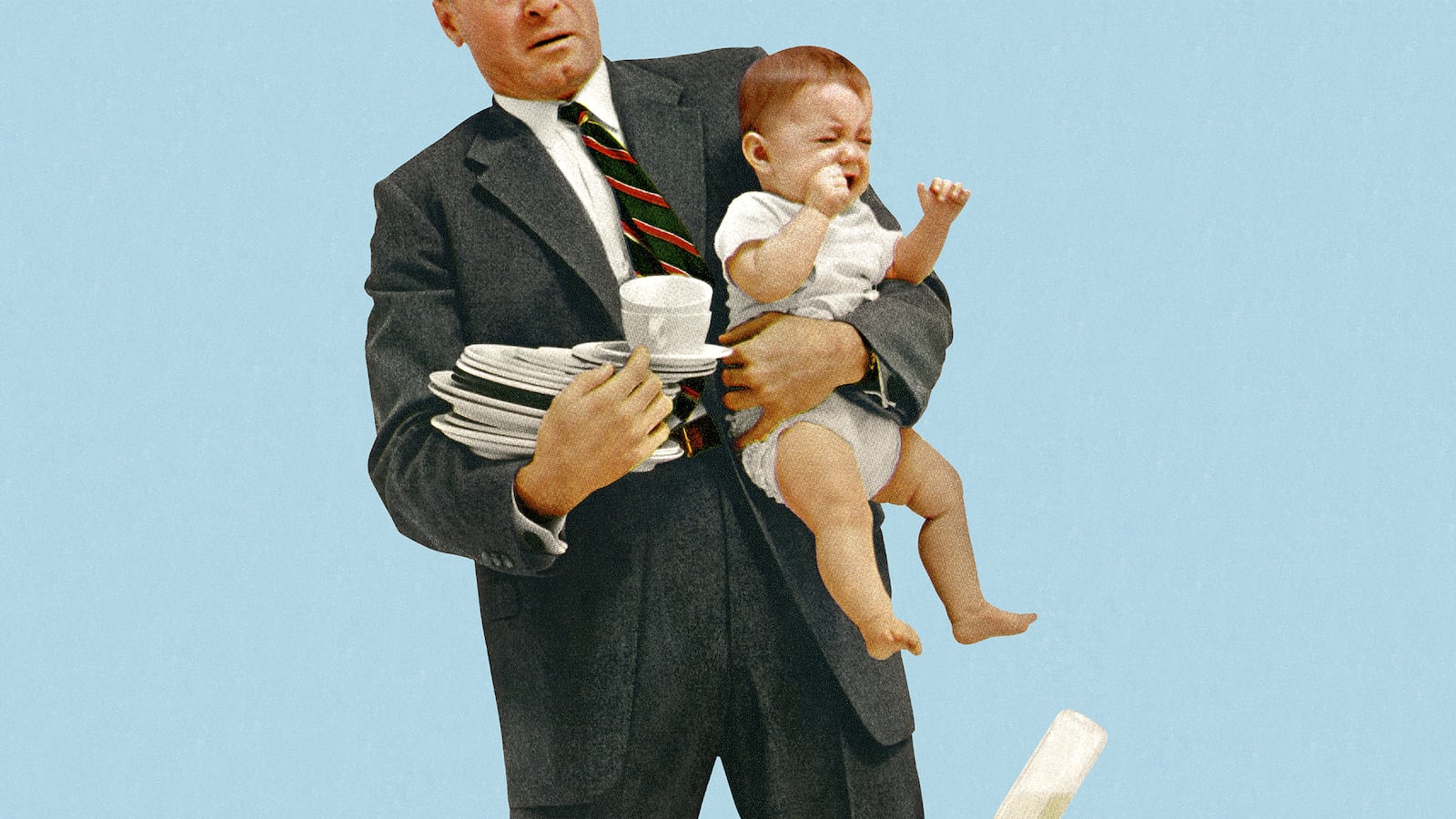The apple doesn’t fall far from the tree. This axiom has been used to describe nearly any trait that a child has in common with their parents. Recently, Dr. Ned Kalin’s research group at the University of Wisconsin-Madison reported in The Proceedings of the National Academy of Sciences (PNAS), that the risk of developing anxiety may also fall into this age-old saying.
By studying the behavioral patterns of rhesus monkeys, researchers found that elevated levels of activity in particular areas of the brain, which were inherited from generation to generation, may set the stage for the development of anxiety and depression in the future.
Their critical finding: It could be brain metabolism, not brain structure, that defines the relationship between genetics and the childhood risk of developing some stress-related illness.
Let us take a step back. By the World Health Organization’s estimate, hundreds of millions of people suffer some level of disability due to anxiety and depressive disorders. Previous research has provided evidence that anxious temperament may be inherited and this temperament is a notable risk factor for development of anxiety, depression, and substance abuse later in life. How could we use this information? Consider the possibility of early intervention, or patient education. Patients who know they have a higher risk of developing breast cancer, for example, are more likely to seek regular checkups by their doctor and stay invested in their health. Similarly, if patients knew they were more likely to develop anxiety-related disorders, maybe they too would feel empowered to stay ahead of the disease by seeking counseling or lowering daily stress levels—thankfully, many patients already do this.
Back to the science: The specific brain structures involved in mediating the inborn risk for these debilitating disorders is poorly understood. Kalin’s research findings, however, are a big leap forward. The researchers studied nearly 600 individual rhesus monkeys that belonged to a multigenerational family. Using cutting-edge brain imaging techniques, Kalin’s group found that brain metabolism, a widely accepted measure of brain activity, in specific brain areas could account for a significant portion of the inherited risk of developing extreme anxiety, which is an anxious temperament that can be observed at young ages.
The researchers exposed the young monkeys to a mildly anxiety-causing situation, such as exposure to a stranger who does not make eye contact. During the encounter, the research team imaged the young monkeys’ brains and found that individual differences in anxiety-related brain function could be explained in part by the family tree. A young monkey was more likely to experience greater anxiety, and demonstrate greater brain activity in specific neural circuits, if it had a family history of such anxiety.
The researchers concluded that brain function in the prefrontal-limbic-midbrain circuit was a major player in the development of early-life inherited anxiety. The prefrontal-limbic-midbrain circuit is responsible for many different functions of human emotion and action. Specifically, however, this particular circuit is well recognized for working in concert to evaluate potentially threatening information to initiate and enact anxiety-related responses.
Because they were able to combine precise brain imaging with information from the inter-generational family tree, Kalin’s group found that brain function—not structure—was the key link between genetics and the childhood risk of developing stress-related psychiatric disease.
Treatment of psychiatric conditions is challenging in a manner that many other medical conditions are not. Studies such as this one by Dr. Kalin’s group are imperative if we hope to offer improved treatment and better options for the millions who suffer from the crippling weight of anxiety and depression.






